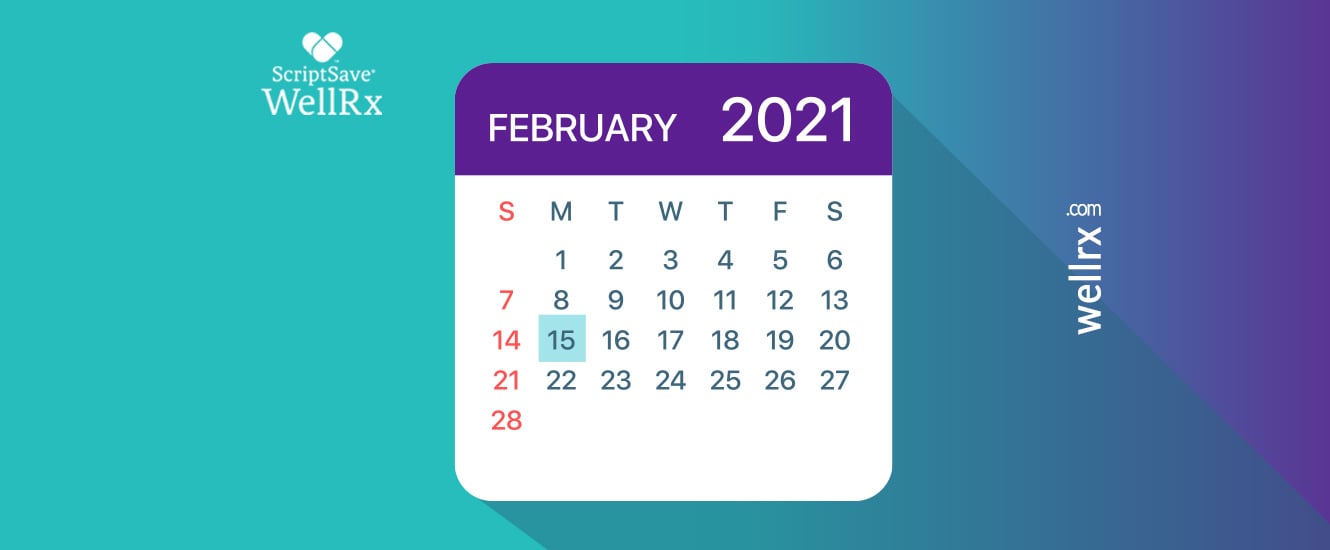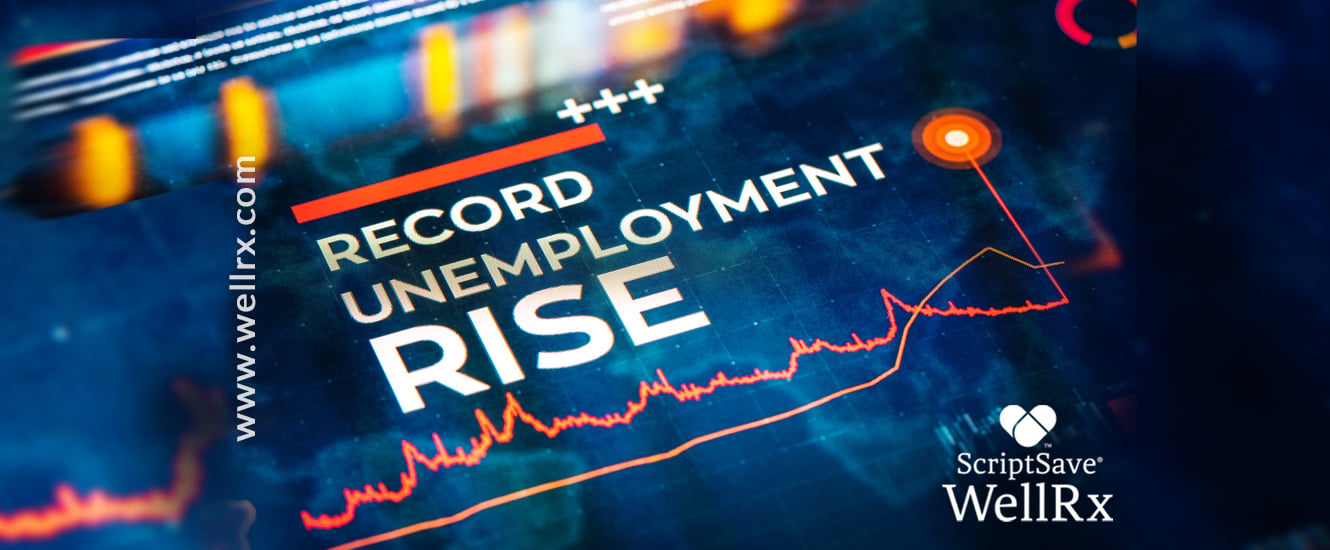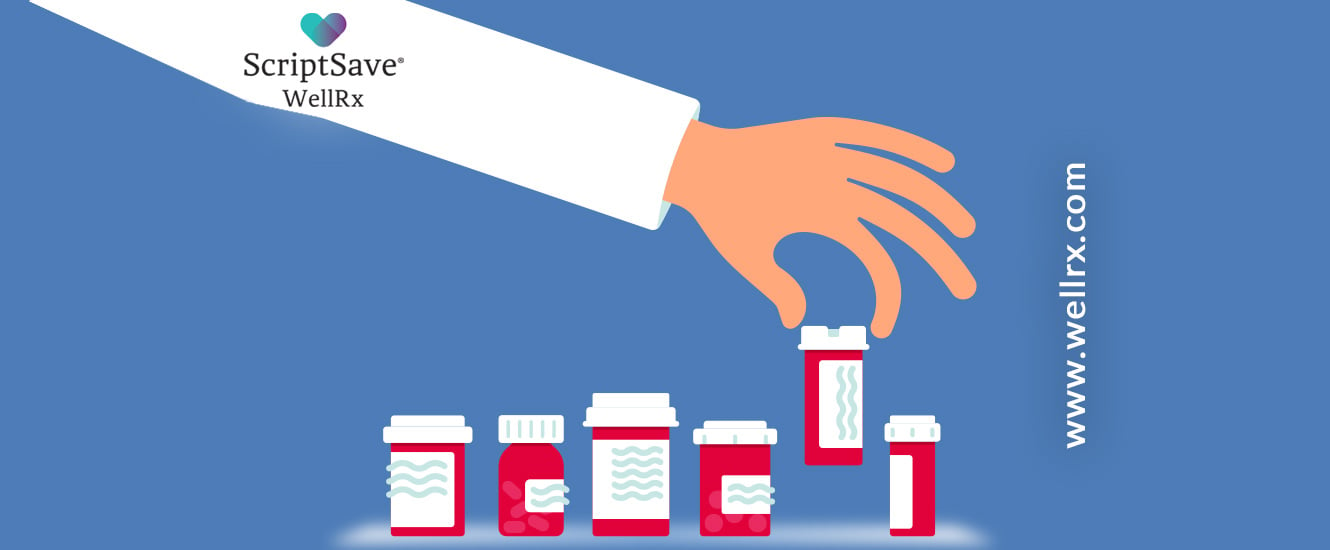Starting February 15, 2021, the U.S. government’s Healthcare Exchange website, originally launched in 2013 as part of the Affordable Care Act, will be open for business again. Healthcare.gov will be open for a special three-month (90-day) open enrollment period, ending on May 15, giving Americans without health insurance a chance to look into their state’s health insurance marketplace options offered through the Affordable Care Act.
Help for 28.9 Million Uninsured Non-elderly Americans
The latest data available for the uninsured population indicates that 28.9 million non-elderly Americans were uninsured in 2019 and the reopening of Healthcare.gov outside of the normal open enrollment period (which usually runs from Nov. 1 through Dec. 15) is designed to give extra support to these individuals – particularly in light of there being so many people having to deal with unemployment amid the Covid-19 pandemic.
According to the Commonwealth Fund, as of June 2020 there had been an estimated 7.7 million people who lost their employer-sponsored health insurance due to the coronavirus pandemic. When considering the broader impact to include dependents, the estimate rises to 14.6 million people. Although losing job-based health insurance is a Qualifying Event that allows for a special enrollment period, the timeframe is tight and many don’t get signed up.
The reopening of the government’s Healthcare Exchange website for this special enrollment period also presents a chance for those with a COBRA health insurance plan to see if there is a cheaper option Consumers should keep in mind that the savings and subsidies available through the ACA Exchange are based on income, so COBRA plans for some of those who have lost their jobs will still be the cheaper option.
How to use Healthcare.gov
The Affordable Care Act (also known as Obamacare) was designed to provide financial subsidies for consumers buying health coverage, depending on their income. In other words, how much you earn has a direct impact on whether or not there will be a subsidy to reduce the cost of your health plan. As such, before you start the process on the Healthcare.gov website, you will want to know your exact annual income (not a range or an approximate figure). If you underestimate your income, there is a good chance that a larger subsidy will be applied to your application and your insurance premium will appear to be more affordable in the short-term. However, when it comes time to complete your tax return for the year, you may find yourself owing some, if not all, of that subsidy back to Uncle Sam.
What’s Next?
If you’re not sure where to start, check out HealthCare.gov ahead of the planned reopening for actual enrollment on February 15.
Don’t forget that, even if you do find yourself an affordable new healthcare plan on the Exchange, your out-of-pocket cost for some (or all) of your prescription meds might still be lower by paying cash for them. It is always good practice to ask the pharmacist to double-check the cash price of every prescription you fill, and compare it to the out-of-pocket cost through your insurance.
If you have a ScriptSave WellRx card, you’ll find we have negotiated discounts on thousands of medications at more 65,000 retail pharmacies across the U.S. for patients who pay cash for their prescription medications. You can always use the ScriptSave WellRx website to get a fast, easy, FREE “second opinion” on the out-of-pocket cost for any prescription drug.
Resources:
- Biden’s Obamacare Do-Over: Another Chance to Sign Up, This One More Publicized https://www.nytimes.com/2021/01/28/upshot/biden-obamacare-enrollment.html
- Key Facts about the Uninsured Population https://www.kff.org/uninsured/issue-brief/key-facts-about-the-uninsured-population/#:~:text=In%202019%2C%2028.9%20million%20nonelderly
- How Many Americans Have Lost Jobs with Employer Health Coverage During the Pandemic? https://www.commonwealthfund.org/publications/issue-briefs/2020/oct/how-many-lost-jobs-employer-coverage-pandemic
- See if you can still get or change 2021 health coverage https://www.healthcare.gov/screener/













 Store & manage your medication list
Store & manage your medication list Medication pricing updates
Medication pricing updates Pill & refill reminders
Pill & refill reminders Medication journal & mood log
Medication journal & mood log